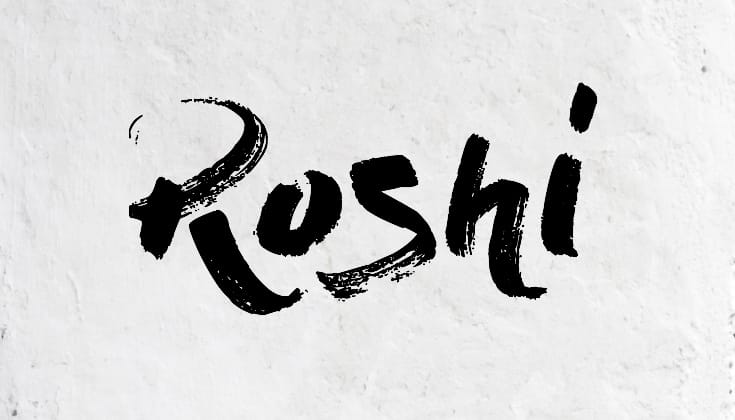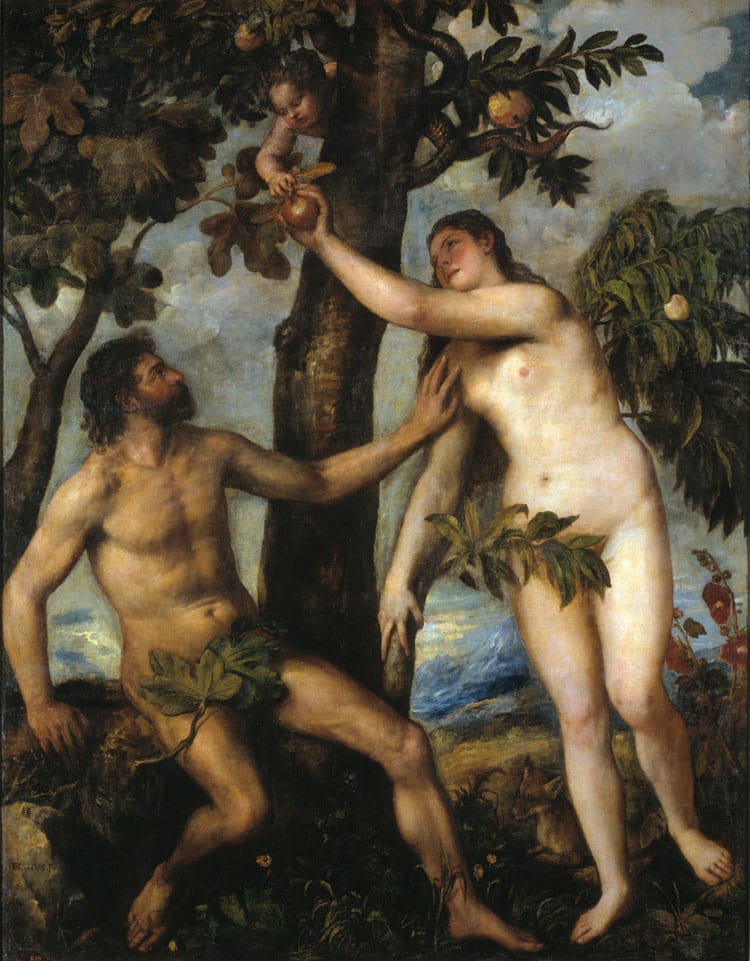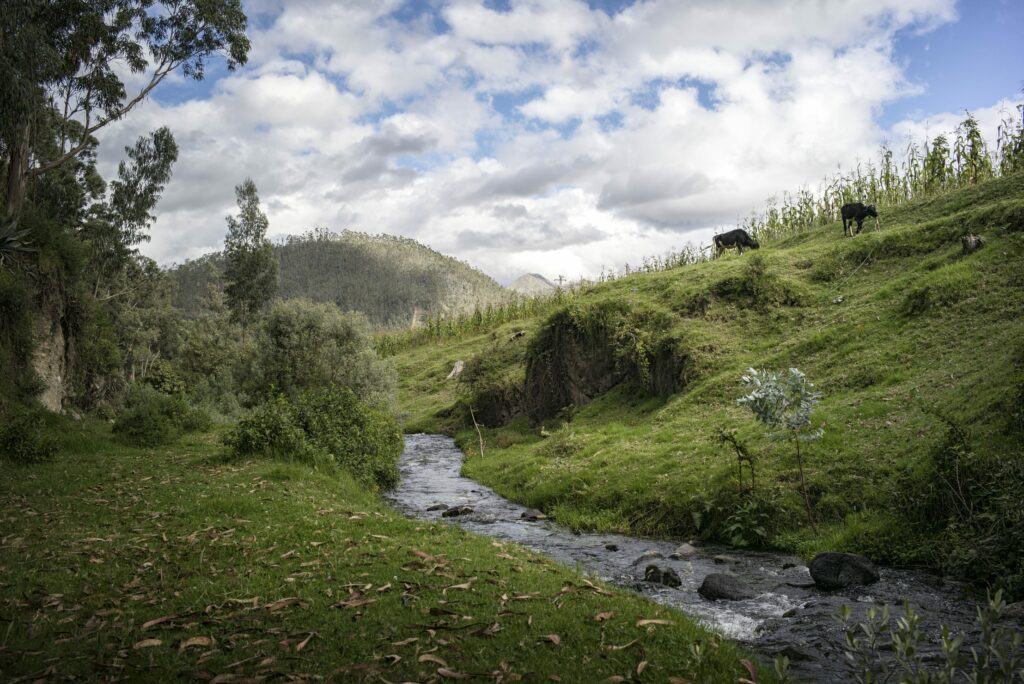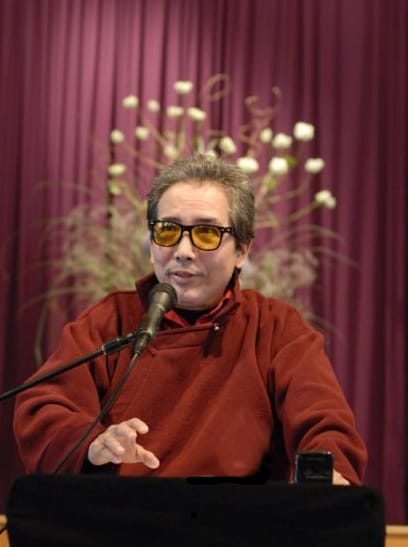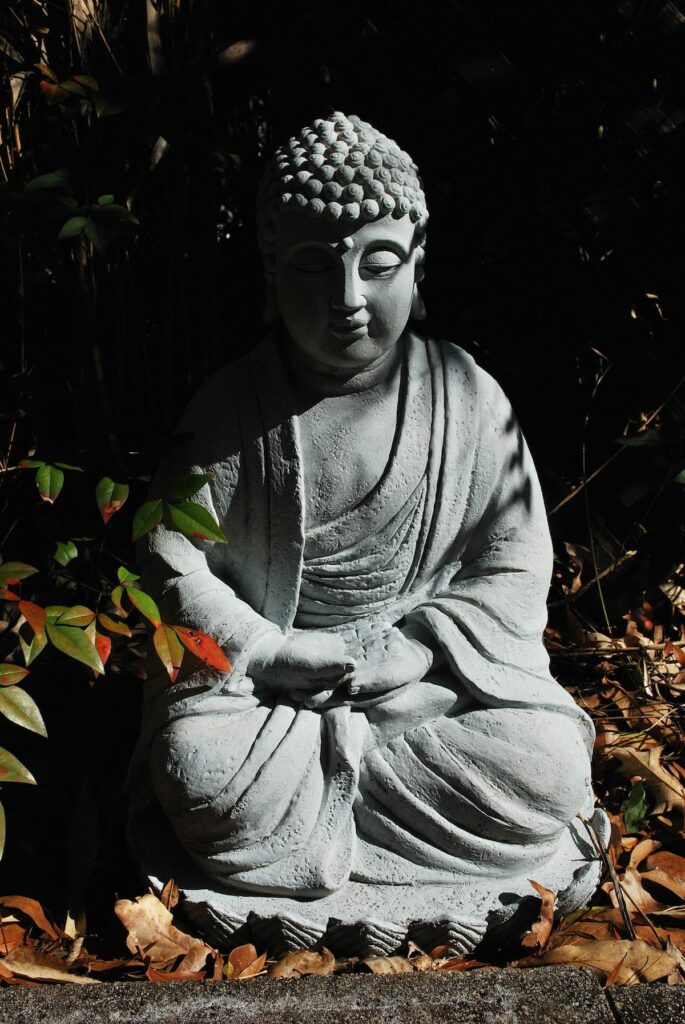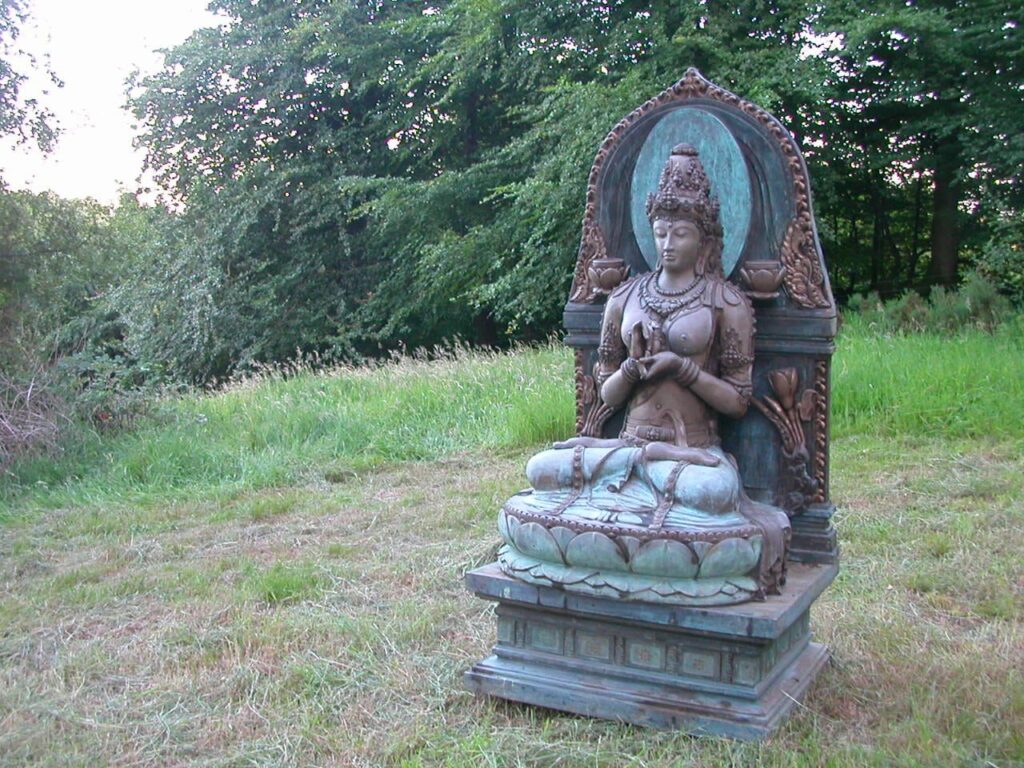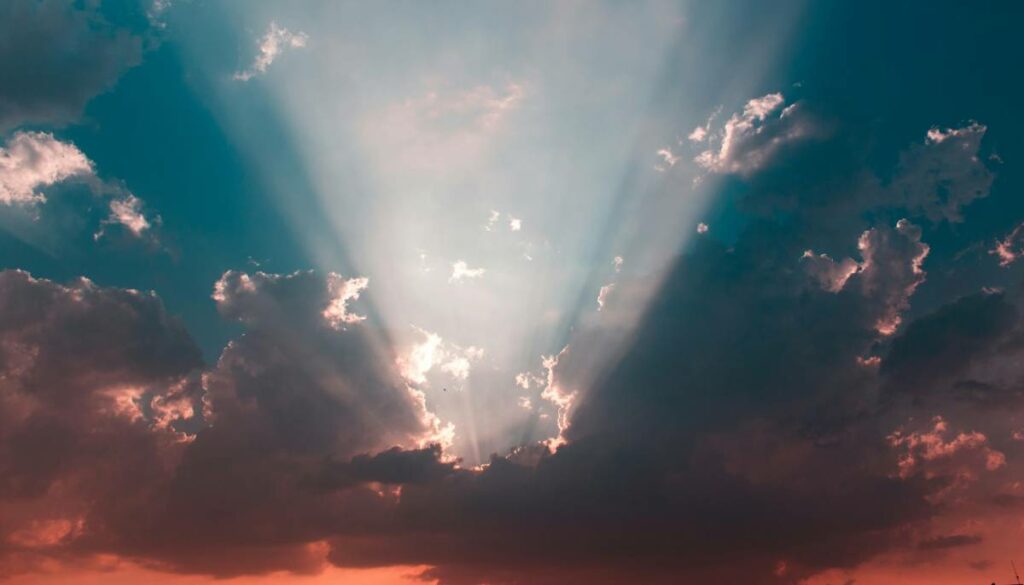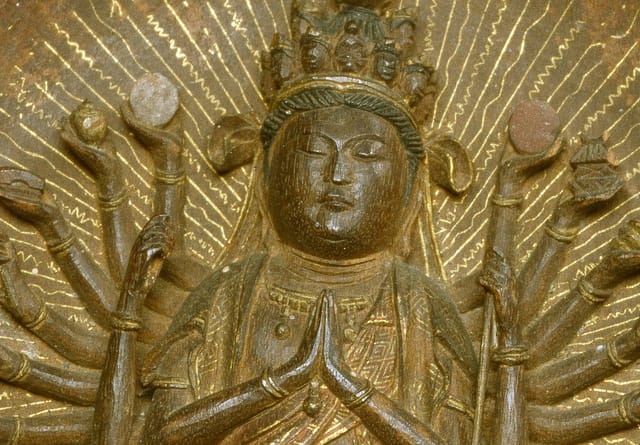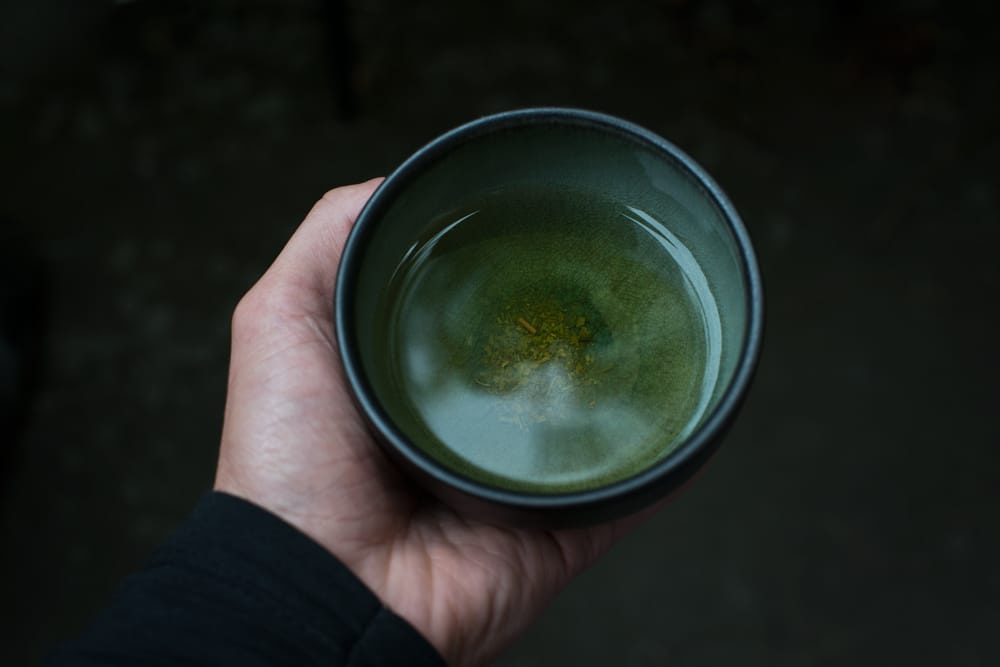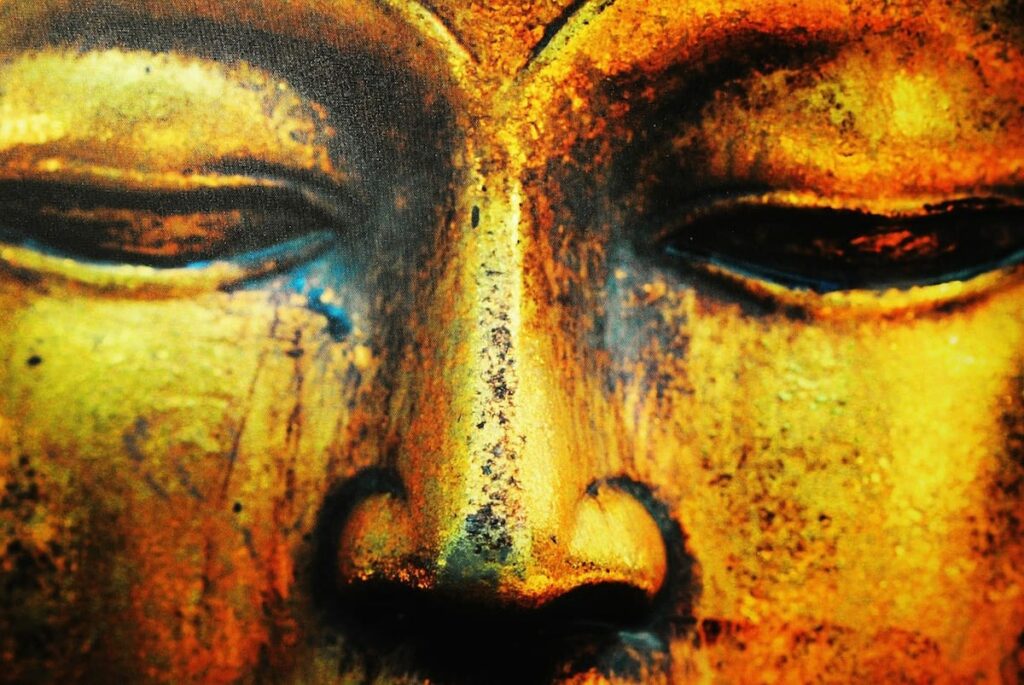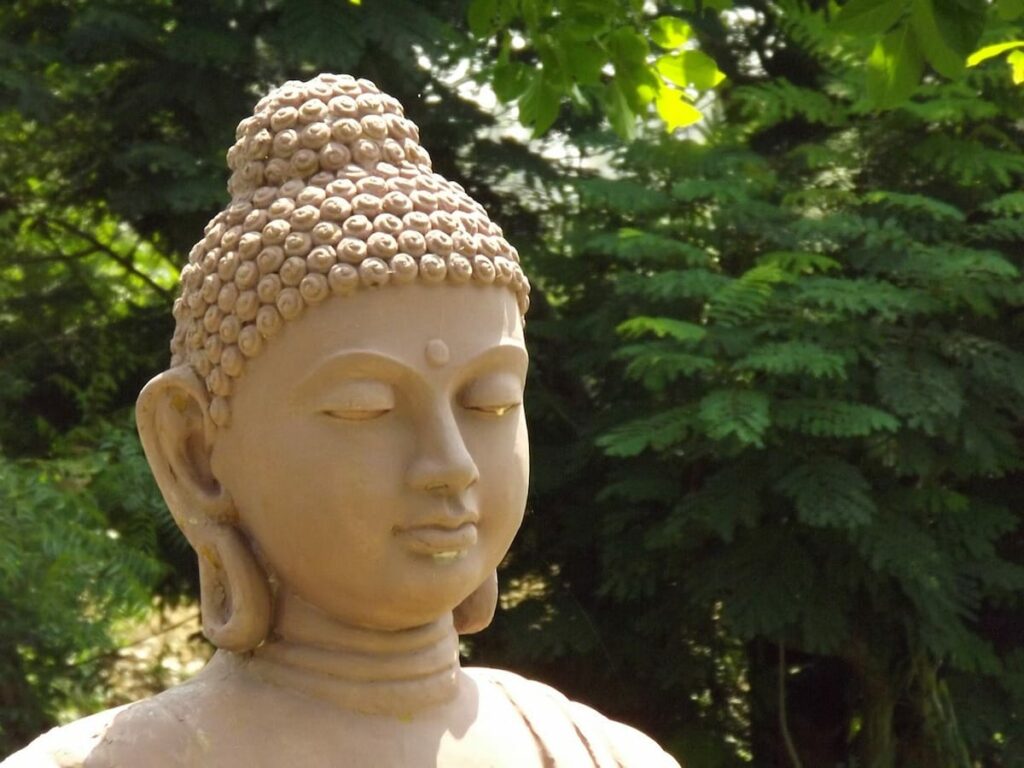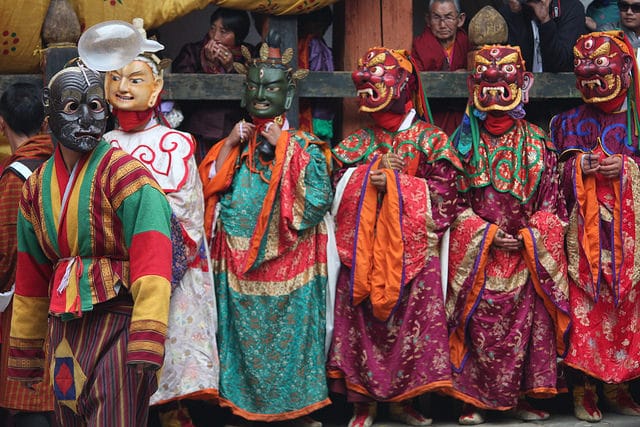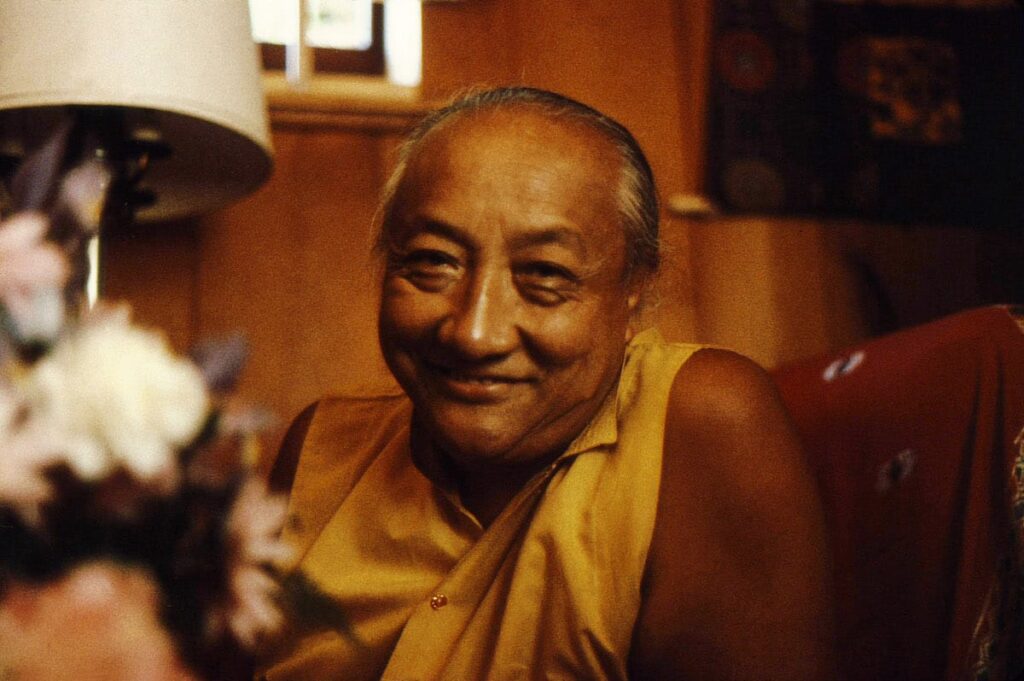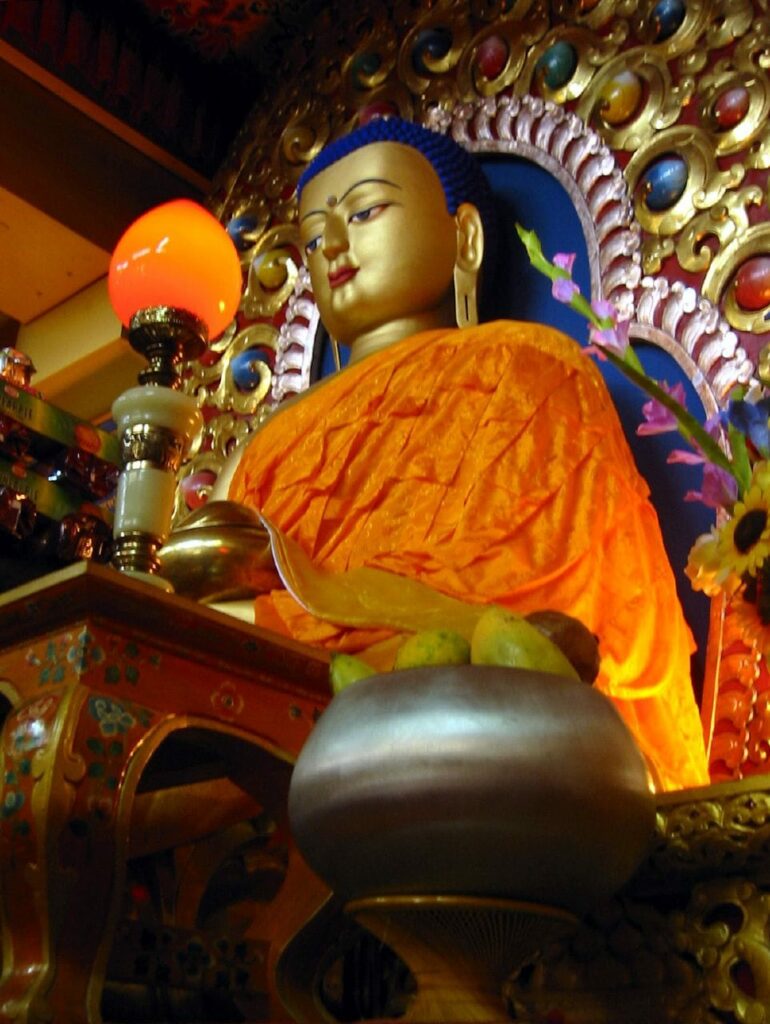Category: Teachings
Mahamudra and Dzogchen: Thought-Free Wakefulness
The ability to dissolve thoughts is essential to attaining liberation, says renowned Dzogchen teacher Chökyi Nyima Rinpoche. Devotion and Pure Perception are two principles that lie at the root of Vajrayana practice that lead beyond confusion to thought-free wakefulness. Meditation training, in the sense of sustaining the nature of mind, is a way of being…
Basic Goodness or Original Sin?
Buddhist psychology is based on the notion that human beings are fundamentally good. Their most basic qualities are positive ones: openness, intelligence and warmth.
How Do We Develop Faith?
The Buddha once told this story about faith: A herd of cows arrives at the bank of a wide stream. The mature ones see the stream and simply wade across it.
Taming the Mind, Transforming Ourselves
Traleg Rinpoche describes the techniques of Buddhist meditation, explaining how working with our passions requires attention to one's body and thoughts.
The Buddha’s Noble First Teaching
Tulku Thondup on the four simple and practical statements that encompass the entire Buddhist path, the Buddha's Four Noble Truths.
The Sharp Sword of Prajna
Wisdom, says Judy Lief, is not about answers. It's about the power of questioning, about developing a great inquisitiveness that cuts through all solidity and self-deception.
What is This Me?
Are we interested in exploring this amazing affair of ‘myself’ from moment to moment?
The Practice of Karma
Reginald A. Ray on how T'hrinlay Wangmo transformed an horrific incident into a situation of blessing through her understanding of karma.
You Are Avalokiteshvara
Eric Holm on how visualization practice helps us overcome ego and pacify obstacles. Includes “A Visualization Practice: Avalokiteshvara, the Bodhisattva of Compassion.” The buddhadharma is renowned for its skillful methods of meditative training. In Vajrayana Buddhism, many of these methods are based on the visualization of archetypal wisdom forms, or deities. Visualization practices come from…
What did Yan T’ou Whisper? A Commentary on “Te Shan Holds His Bowl”
Zen Buddhist priest Norman Fischer gives a commentary on "Te Shan Holds His Bowl", a Zen koan.
Religion Without God
What does it mean to be a religion without a God? More broadly, what does it mean to live without an exterior savior of any kind?
Meditation and Post-Meditation
Normally, when we talk about meditation, we're talking about formal meditation, meaning that our meditation session has a definite beginning and end.
Do I Exist or Not?
<h4>The complete negation of everything — is that Buddhism? No, says Sakyong Mipham Rinpoche, "Buddhism is more complicated than that: things don’t exist, but they don’t not exist either." </h4>
On the Importance of Relating to Unseen Beings
While Westerners tend to view it as superstition or symbolism, Reginald Ray argues that spiritual ritual is at the very heart of tantric Buddhist practice.
The Sage Commander
We are all leaders in our own way. We all face conflict and chaos in our lives. But the wise leader seeks victory beyond aggression.
Approaching the Guru
A talk on devotion by Dzongsar Khyentse Rinpoche, given in 1996 in Boulder, Colorado at the commemoration of the death of His Holiness Dilgo Khyentse Rinpoche.
Becoming a Buddhist
“When we take refuge in the Buddha, we mean the qualities of the Buddha that are inherent within us. We are taking refuge in our own intrinsic enlightenment.”
The Innermost Essence
From "The Innermost Essence" by the great Dzogchen teacher Jigme Lingpa (1730-1798) and translated by Chogyam Trungpa Rinpoche.
Zen Talks and Poems
"The vastness lying beyond can only be detected by those who know what real Zen practice is all about,” said Nyogen Senzaki.
